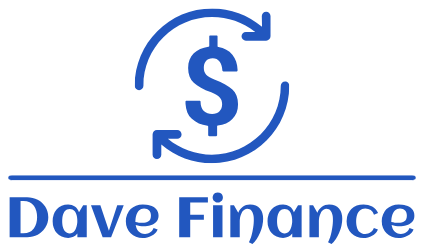Goldman Sachs BDC, Inc. (GSBD), benefiting from its association with Goldman Sachs and its substantial $2.5 trillion Assets Under Supervision, has garnered attention for its strong market position. The support extends through robust deal sourcing capabilities, extensive research, a vast network of sponsors, and solid banking relationships. GSBD’s management team is noted for its depth of experience in the private debt markets, with senior members each boasting over two decades in the industry.
The company’s investment strategy is underscored by its substantial and well-diversified $3.4 billion portfolio, primarily focused on senior secured first lien loans. These loans are distributed among 144 portfolio companies across 38 sectors, demonstrating a strategic approach to risk management and sectoral exposure. The median EBITDA of these portfolio companies stood at approximately $54 million as of the end of 2023, pointing to GSBD’s focus on middle-market entities often tied to private equity or family-run businesses, which typically offer a substantial equity buffer and low loan-to-value ratios.
Financial stability is further highlighted by GSBD’s diversified funding sources, including $860 million in senior unsecured notes and a $1.7 billion revolving credit facility, bolstered by a consortium of 15 lenders. Liquidity is solid, with significant credit availability poised to expand with forthcoming note issuances, enhancing the company’s financial flexibility.
The structure of GSBD’s debt, where unsecured senior debt comprises roughly 47% of the total debt, presents a strong position for unsecured note holders due to a significant portion of unencumbered assets. This, coupled with a gross leverage ratio well within regulatory and company targets, and a high asset coverage ratio, underscores GSBD’s sound financial management practices.
However, GSBD’s investment approach has historically led to slightly higher non-accrual rates compared to industry peers, attributed in part to its portfolio composition prior to a strategic merger in 2020. As of the end of 2023, GSBD had ten companies on non-accrual status. The investment firm’s ability to navigate an uncertain economic climate, marked by high interest rates and geopolitical tensions, will be crucial in maintaining its operational and financial stability.
GSBD’s regulatory status as a Business Development Company (BDC) under the 1940 Act and as a Regulated Investment Company (RIC) necessitates the distribution of at least 90% of taxable income to shareholders, presenting both opportunities and constraints in terms of retained earnings and investment flexibility.
Looking forward, GSBD’s credit ratings could see positive momentum if it maintains robust credit metrics amidst economic uncertainties. Conversely, a downturn in the U.S. economy impacting GSBD’s earnings, asset quality, or leverage could prompt a reevaluation of its ratings. Changes in senior management or risk management policies also hold the potential to influence future rating actions.

